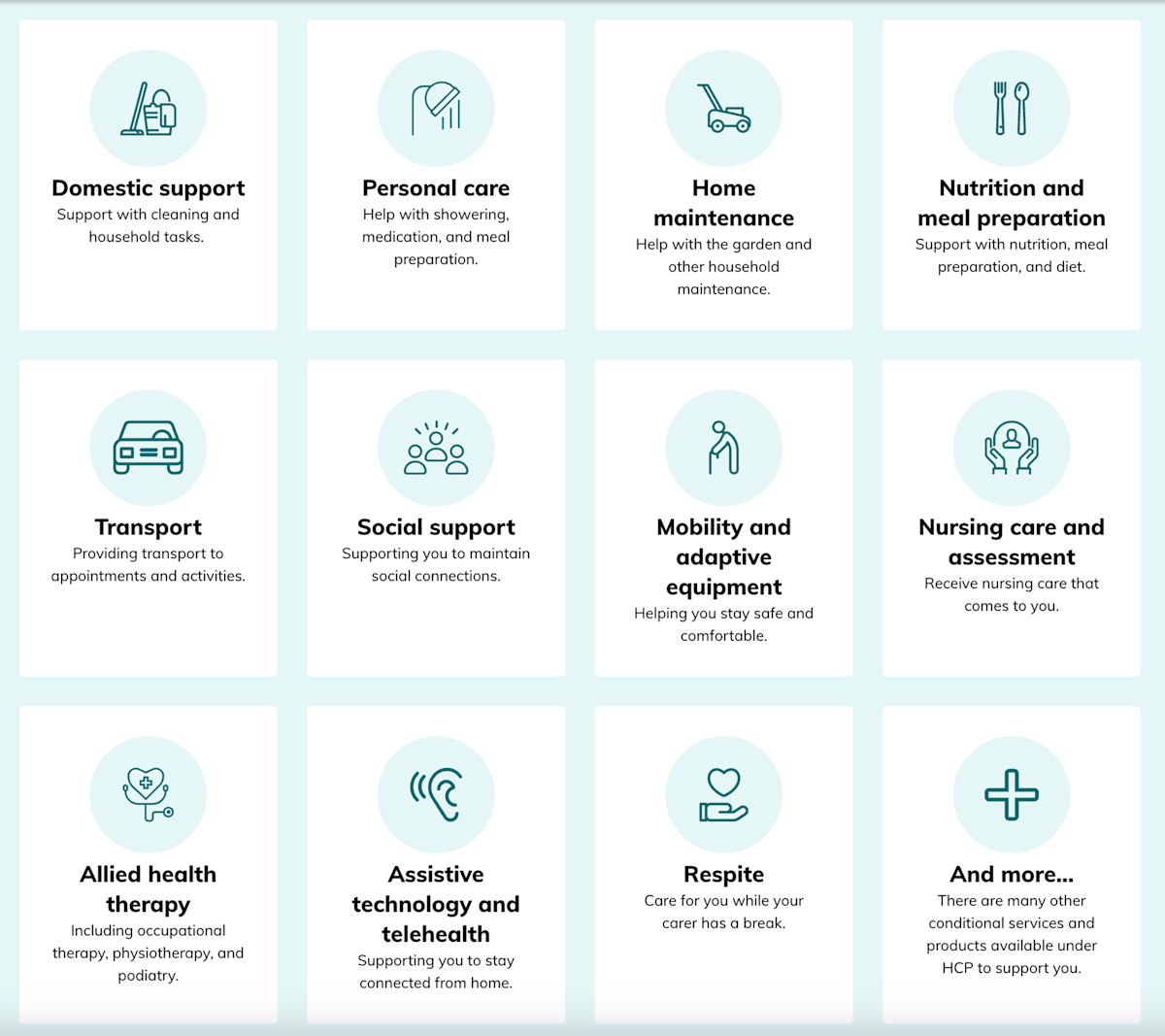Top errors to avoid when hiring home care providers
Top errors to avoid when hiring home care providers
Blog Article
All Concerning Home Treatment Services for Individuals With Disabilities: NDIS Registered Support
Home treatment services under the NDIS play a pivotal function in supporting people with handicaps. These services are designed to improve daily living through tailored assistance, varying from personal care to flexibility support. Comprehending just how to navigate these alternatives can be intricate. This review discovers the different facets of NDIS home treatment, from readily available services to the selection of carriers, highlighting necessary factors to consider for those seeking assistance. The trip towards empowered treatment starts below.
Recognizing the NDIS and Its Purpose
The National Disability Insurance Plan (NDIS) acts as a transformative structure developed to offer assistance and services for individuals with disabilities. Developed to improve the quality of life and warranty fair accessibility to vital sources, the NDIS empowers participants by using personalized plans customized to their one-of-a-kind demands. It intends to foster self-reliance, allowing people to pursue their individual objectives and aspirations.Through an organized method, the NDIS allocates funding for different assistances, consisting of education, work aid, and area involvement. This comprehensive plan not just concentrates on immediate care yet additionally emphasizes long-term developmental outcomes. By advertising choice and control, the NDIS motivates participants to select their favored provider, guaranteeing that treatment aligns with their preferences and values. Inevitably, the NDIS represents a significant commitment to boosting the lives of people with impairments, promoting inclusivity, and constructing a more encouraging culture.
Kinds Of Home Care Solutions Available
Various sorts of home care services satisfy individuals with impairments, largely concentrating on personal treatment support and respite care options. Personal care assistance supplies crucial support with everyday activities, while respite treatment provides temporary alleviation for key caretakers. Recognizing these services is vital for guaranteeing the health of both people with handicaps and their families.
Personal Care Aid
While maneuvering life can offer obstacles for people with specials needs, personal care aid uses essential assistance customized to their one-of-a-kind requirements. This sort of home care solution includes a variety of tasks made to promote self-reliance and boost high quality of life. Individual care assistants aid with daily jobs such as bathing, clothing, grooming, and toileting, ensuring people preserve individual health and comfort. They might also aid with dish prep work, medicine monitoring, and mobility assistance. By offering individualized treatment, these professionals encourage people to involve more completely in their social tasks and day-to-day regimens. Generally, individual treatment support plays a considerable role in cultivating self-respect and autonomy for those with impairments, enabling them to grow in their home setting.

Respite Treatment Options
Break treatment serves as a crucial source for family members and caregivers of people with impairments, offering temporary remedy for the needs of everyday caregiving. This kind of service can take numerous kinds, consisting of in-home reprieve care, where experienced experts visit the home to assist with care tasks. Family members may opt for facility-based break care, where individuals get care in a customized atmosphere, permitting caretakers to take a break. Additionally, some companies provide emergency situation reprieve solutions for unanticipated situations. These choices not only assist minimize caregiver tension but also advertise the well-being of people with disabilities by providing them brand-new experiences and social interaction. In general, break treatment plays an essential function in supporting both caregivers and those they take care of.

Just How to Accessibility NDIS Home Treatment Providers
Accessing NDIS home care services involves recognizing the eligibility requirements set forth by the National Special Needs Insurance Scheme. Individuals must navigate a structured application procedure to protect the necessary support tailored to their needs. This section will certainly make clear both the qualification requirements and the steps entailed in using for services.
Eligibility Criteria Discussed
To get approved for NDIS home care solutions, people need to satisfy specific qualification criteria that assess their requirements and conditions. Candidates have to be aged in between 7 and 65 years and have a irreversible and substantial impairment that impacts their ability to perform day-to-day tasks. In addition, they should be an Australian resident, an irreversible citizen, or hold a Protected Unique Group Visa. The NDIS requires evidence of the special needs, generally with medical analyses or records. Moreover, people must show that they call for assistance to get involved in social and financial life. These standards ensure that services are directed towards those that truly require assistance, advertising independence and boosted high quality of life for people with handicaps.
Application Process Actions
Can I Select My Own Support Employees With NDIS?
The private inquired whether they might select their own assistance employees under the NDIS structure. Generally, participants have the adaptability to select support workers, cultivating personalized care that aligns with their specific needs and choices.
What Happens if My Needs Change After Receiving Assistance?
If a person's requirements modification after getting support, they must interact these changes to their company. Adjustments can be made to the care strategy, making sure that the assistance remains efficient and pertinent for their conditions.

Exist Limits on The Number Of Hours of Care I Can Receive?
The individual asked about possible limitations on the number of treatment hours received. Typically, such limitations might exist based upon details policies or funding setups, emphasizing the relevance of reviewing agreements and guidelines regularly.
Can I Utilize NDIS Financing for Home Adjustments?
The inquiry of utilizing funding for home adjustments occurs regularly. Typically, people may utilize NDIS funding for required alterations to their homes, making certain availability and security, section upon meeting specific eligibility requirements and standards.
Just how Do I Manage Grievances Concerning My Home Treatment Services?
To resolve complaints concerning home treatment services, individuals must first record their concerns. They can interact directly with their solution supplier, looking for resolution, or escalate the concern to relevant oversight bodies if required. Home treatment services under the NDIS play a critical function in supporting people with handicaps. Various types of home care services cater to individuals with handicaps, mostly concentrating on individual treatment support and reprieve treatment choices. home care package providers. Personal care support offers necessary support with day-to-day tasks, while respite care uses temporary relief for main caretakers. Family members might decide for facility-based break care, where people get care in a customized environment, enabling caretakers to take a break. How can family members effectively handle the financial aspects of home care solutions for people with disabilities?
Report this page